Gadgets And Technology Daily News | 15 Jun 2023

Views (124)
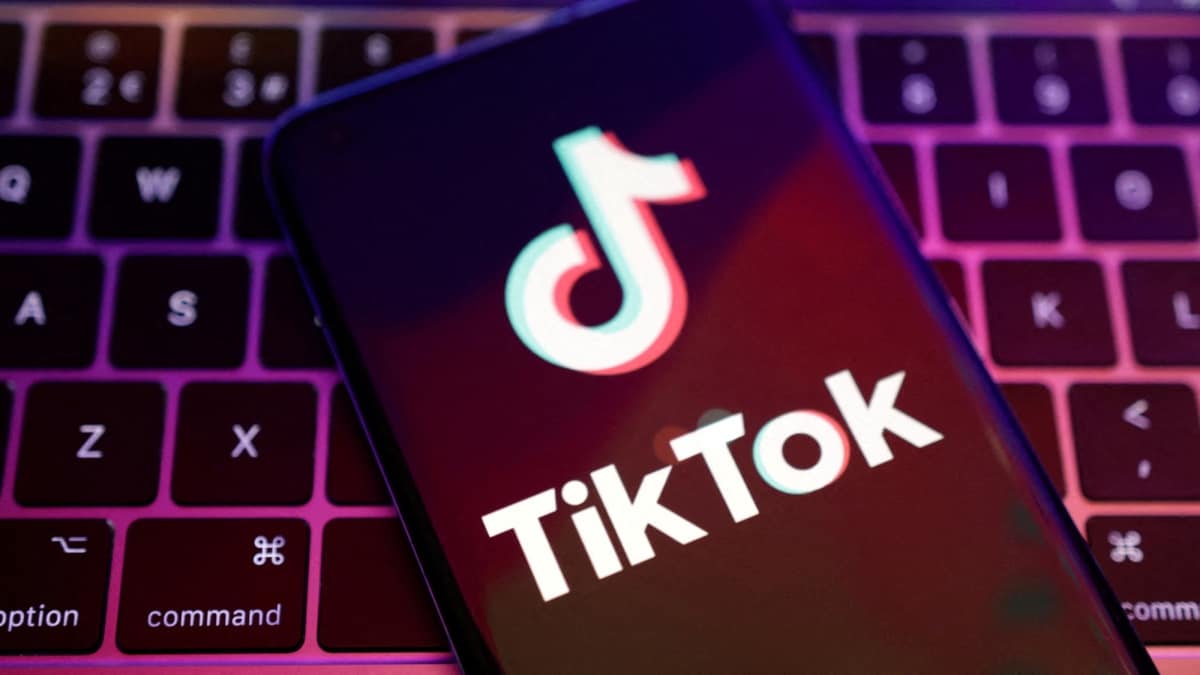
Google Charged by EU Antitrust Regulators for Anti-Competitive Adtech Practices
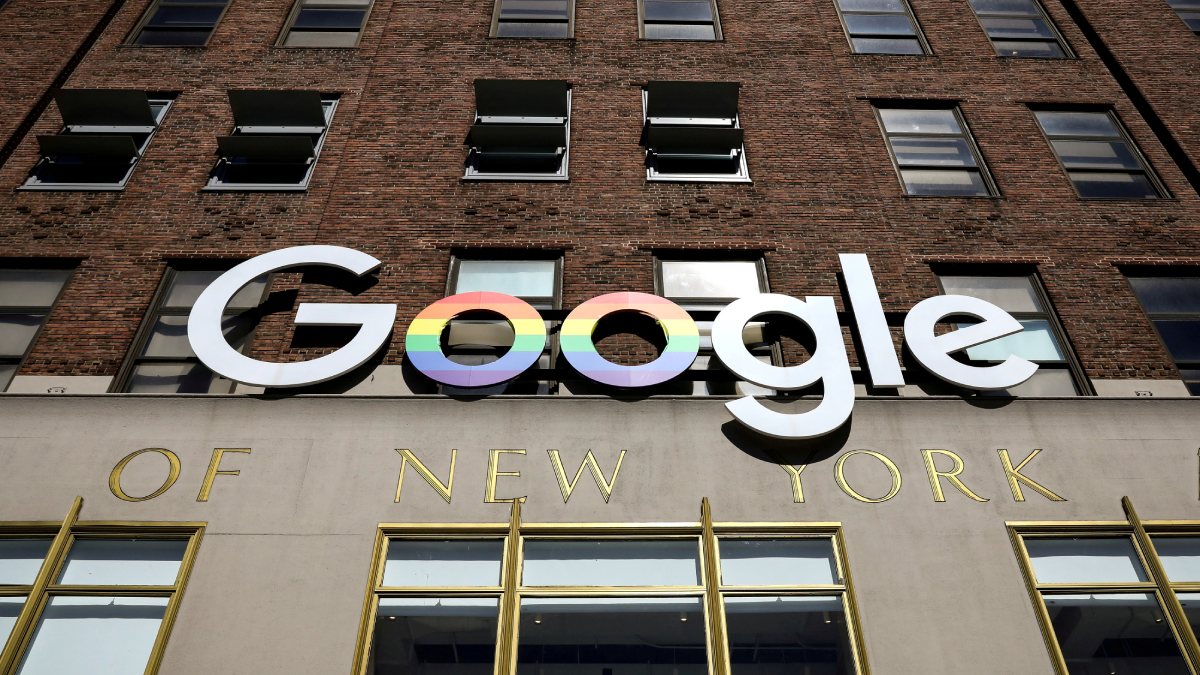
Alphabet's Google was charged by EU antitrust regulators with anti-competitive practices in its digital advertising business on Wednesday and may have to sell part of this business to address their concerns.
The European Commission set out its charges in a statement of objections, two years after it opened an investigation into the case.
"The Commission takes issue with Google favouring its own online display advertising technology services to the detriment of competing providers of advertising technology services, advertisers and online publishers," the EU competition enforcer said in a statement.
It said Google has since 2014 abused its dominance by favouring its own ad exchange AdX in the ad selection auction by its dominant publisher ad server DFP and also by favouring its ad exchange AdX in the way its ad buying tools Google Ads and DV360 place bids on ad exchanges.
The EU competition watchdog said a behavioural remedy is unlikely to be effective to stop the anti-competitive practices.
"The Commission's preliminary view is therefore that only the mandatory divestment by Google of part of its services would address its competition concerns," it said.
Google is the most dominant digital advertising platform in the world with a 28 percent market share of global ad revenue, according to research firm Insider Intelligence.
Its 2022 advertising revenues, which include those from its search services, Gmail, Google Play, Google Maps, YouTube adverts, Google Ad Manager, AdMob and AdSense, amounted to $224.5 billion (roughly Rs. 18,42,600 crore), accounting for 79 percent of its total revenues.
Google had sought to settle the case three months after the EU watchdog opened its investigation but regulators subsequently grew frustrated with the slow pace and the lack of substantial concessions, a person familiar with the matter had told Reuters.
© Thomson Reuters 2023
(This story has not been edited by NDTV staff and is auto-generated from a syndicated feed.)
EV Makers Body Writes to NGT for Green Tax on Fuel-Based 2-Wheelers
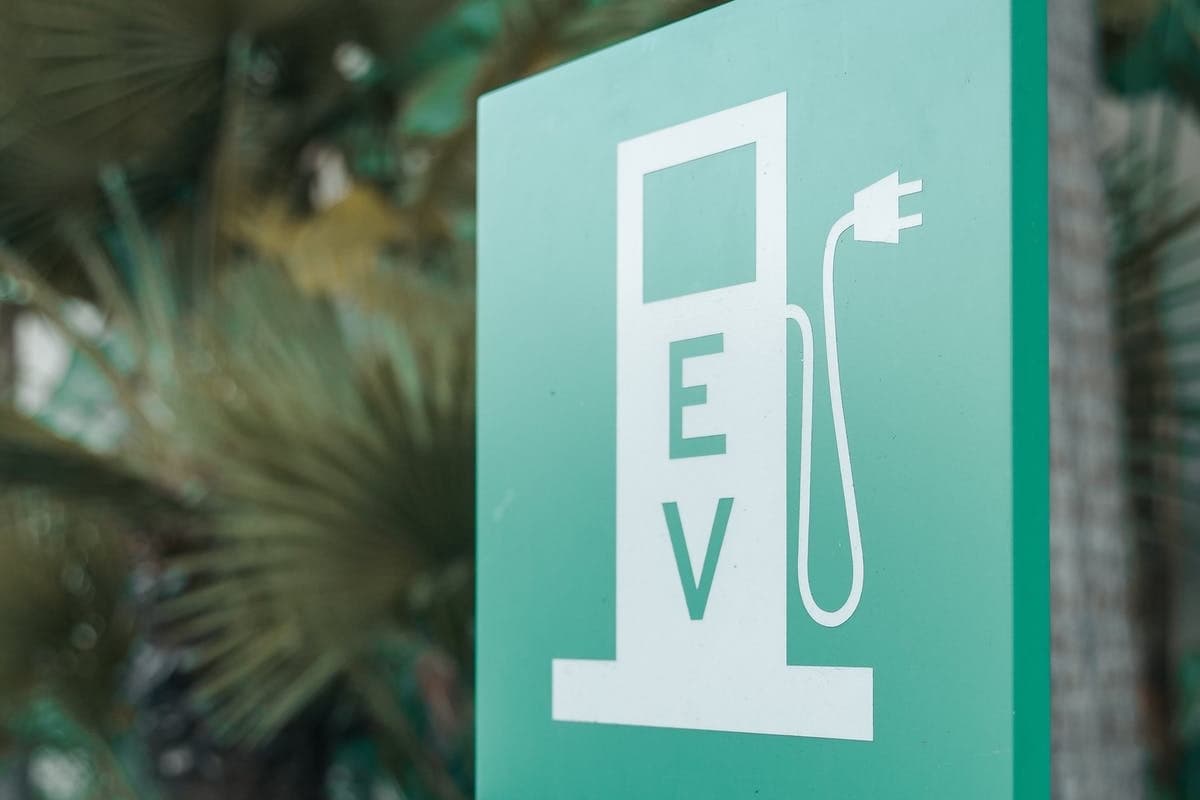
Society of Manufacturers of Electric Vehicles on Tuesday said it has petitioned the National Green Tribunal (NGT) expressing concerns against the government's move to cut FAME II subsidy and support a 'Green Tax' on fuel-based two-wheelers.
The Ministry of Heavy Industries' latest decision to cut down FAME II subsidies is likely to disrupt India's growth in the EV sector and consequently have a detrimental impact on the environmental and health indices of the country, Society of Manufacturers of Electric Vehicles (SMEV) said it its petition.
The ministry has suddenly decided to cut down subsidies by 75 percent, it added.
SMEV further said it has "requested for NGT's support to a Green Tax on fuel-based two-wheelers so as to incentivise the adoption of green vehicles and contribute to the national objective of environmental preservation and pollution reduction".
"Electric vehicles are subsidised across the world with the intent to induce a mass shift towards non-polluting energy systems," SMEV Secretary General Ajay Sharma said.
He further said, "The Ministry's decision is contrary of this consciousness and an anomaly that defies logic or law especially, as the EV manufacturers were emboldened to shift technologies, work force, capital and enterprise towards this sector based on the support expressed by the government.
Many OEMs are unable to cope with the financial stress caused by actions of the ministry as subsidies amounting to over Rs. 1,200 crore have been held up and further demands of retrospective payback of subsidies given in 2019 has been made, SMEV said.
"In fact, it is a matter of time until they shut shop due to lack of working capital, loss of investor and bank support, delay in production timelines and a rapidly vanishing distribution network," the statement added.
US Lawmakers Introduce Legislation to Protect TikTok Users’ Data From Being Misused
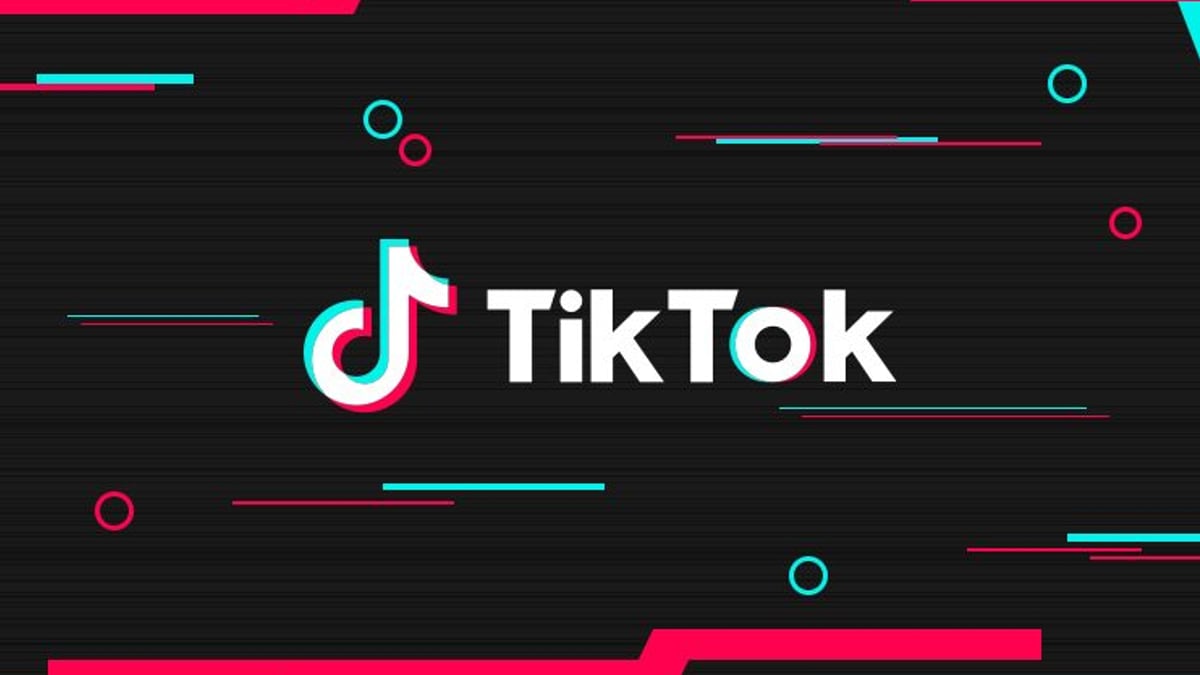
A bipartisan group of six senators and two members of the House of Representatives on Wednesday introduced legislation to protect Americans' data from being used by US adversaries.
The bill is the latest in a series of proposals aimed at addressing concerns about the data of Americans using foreign-owned social media apps like TikTok.
Senate Finance Committee Chairman Ron Wyden, a Democrat, said the bill "would turn off the tap of data to unfriendly nations, stop TikTok from sending Americans' personal information to China, and allow nations with strong privacy protections to strengthen their relationships."
Many US lawmakers say Chinese-owned TikTok poses serious security risks to the data of Americans and have sounded the alarm about potential Chinese influence over the platform used by more than 150 million Americans. TikTok denies any improper data use and says it has spent more than $1.5 billion (nearly Rs. 12,300 crore) on data security measures.
The bill would direct the Commerce Department to identify categories of personal data that could harm US national security and create a list of high-risk countries where sensitive data exports would be blocked.
The bill also would regulate exports of personal data by data brokers and firms like TikTok directly to restricted foreign governments. It would apply export control penalties to senior executives who knew or should have known that employees were directed to illegally export Americans' personal data.
In March, a US House committee voted along party lines to give Democratic President Joe Biden the power to ban Chinese-owned TikTok but that bill has not moved forward.
Last month, TikTok sued to block a planned ban by Montana, the first US state to bar the popular short-video sharing service.
Warner said the likelihood of courts overturning Montana's ban made it essential Congress pass legislation to give the president new powers to ban or impose restrictions on TikTok and other foreign-owned apps.
© Thomson Reuters 2023
Gmail's 'Help Me Write' Feature is Now Available to Enrolled Testers on Android, iOS: Report
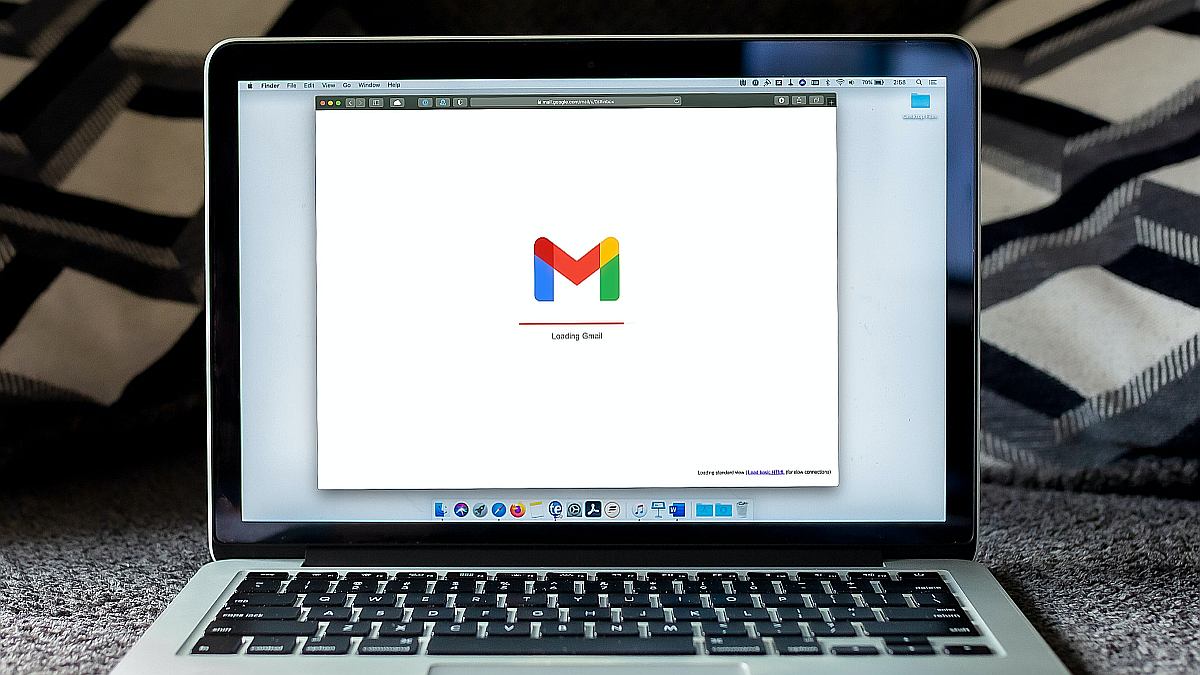
Google announced a new 'Help Me Write' feature at its annual Google I/O 2023 event, alongside other features based on artificial intelligence (AI). The AI-based writing enhancement tool will work in Gmail and Google Docs, and the had revealed that the feature would roll out to Google Workspace who enrolled to test the feature. It is now available to testers who have enrolled in the Workspace Labs program, on iOS and Android.
According to a 9to5Google report, the search giant's AI-powered Help Me Write feature has started rolling out to Workspace Labs testers on Gmail for Android and iOS. Until now, the Help Me Write feature in Gmail was only available for desktop users as part of Workspace Labs. The feature will help drafting emails by composing a draft based on the prompts provided by the user.
Google has also explained how to use the new AI-enabled Help Me Write feature in Gmail to compose an email via its support page. Users can tap the compose button on Gmail for iOS and Android, and select the Help Me Write feature located at the bottom right side of the screen. Enter a prompt like “A thank you letter for my job interview” or “A Job Application.” Once done, the AI will generate a mail that users can edit or make changes before hitting the send button.
Notably, users can also send feedback about the generated text or create a new version of the text by simply tapping “Recreate.” The Help Me Write feature will also be made available to Google Docs, however, the exact rollout timeline is yet to be revealed by Google.
At Google I/O 2023, the company also announced it would offer AI-powered features on Google Photos. A new Magic Editor tool for Google Photos was unveiled at I/O 2023 which is said to add missing details in images where objects are partially visible is coming to the service in the coming months. It will also allow users move subjects in an image after it has been captured. The Magic Editor for Google Photos will arrive later in 2023, according to the company.
Oppo Reno 10 Series India Launch Tipped for Mid-July, Indian Variants May Have Different Designs

Oppo Reno 10 series comprising the vanilla Oppo Reno 10, Reno 10 Pro, and Reno 10 Pro+ were launched in China in May. Now, the Chinese smartphone brand is reportedly gearing up to release the Reno 10 series in India. The date is yet to be revealed by Oppo, but a new report indicates that Oppo Reno 10 series will go official in the country in mid-July. The Indian variants of the Oppo Reno 10, Reno 10 Pro, and Reno 10 Pro+ may pack different SoCs under the hood. The Oppo Reno 10 Pro+ is said to retain the same design as the China model, while other models could come with different camera designs.
As per a report by 91Mobiles, Oppo Reno 10 series will be launched in India by mid July. The report claims that the upcoming Indian variants of Oppo Reno 10 and Oppo Reno 10 Pro will have a different camera design compared to their Chinese counterparts. The Oppo Reno 10 Pro+, on the other hand, is said to retain the same design as the Chinese variant.
The Indian variants of Oppo Reno 10 and Oppo Reno 10 Pro could pack the MediaTek Dimensity 7050 SoC under the hood. The Chinese variant of the vanilla model runs on Snapdragon 778G SoC, whereas the Reno 10 Pro runs on MediaTek Dimensity 8200 SoC. The Chinese variant of Oppo Reno 10 Pro+ is powered by Snapdragon 8+ Gen 1 SoC, and the Indian variant is said to come with the same SoC.
In China, the regular Oppo Reno 10 and Oppo Reno 10 Pro are available in Brilliant Gold, Colorful Blue, and Moon Sea Black colours (translated from Chinese) whereas the Oppo Reno 10 Pro+ is offered in Brilliant Gold, Moonsea Black, and Twilight Purple colour options. Among these shades, the Brilliant Gold finish could be exclusive to China. Further, all three models are confirmed to feature a telephoto lens.
The price of the Oppo Reno 10 starts at CNY 2,499 (roughly Rs. 29,000) in China, while the Reno 10 Pro has a starting price tag of CNY 3,499 (roughly Rs. 41,000). The Oppo Reno 10 Pro+ 5G has a starting price tag of CNY 3,899 (roughly Rs. 45,000).
People Trust TikTok More Than Traditional Media, Study Shows

The number of people globally who initially access news through a website or app has dropped by 10 points since 2018, and younger groups prefer to access news through social media, search or mobile aggregators, according to a report released on Tuesday.
Audiences pay more attention to celebrities, influencers, and social media personalities than journalists on platforms such as TikTok, Instagram, and Snapchat, the Reuters Institute for the Study of Journalism said in its annual Digital News Report. TikTok is the fastest growing social network in the report, used by 20 percent of 18- to 24-year-olds for news, up five percentage points from last year. Fewer than half the survey respondents expressed much interest in news at all, down sharply from 6 out of 10 in 2017.
“There are no reasonable grounds for expecting that those born in the 2000s will suddenly come to prefer old-fashioned websites, let alone broadcast and print, simply because they grow older,” Reuters Institute Director Rasmus Nielsen said in the report, which is based on an online survey of roughly 94,000 adults, conducted in 46 markets including the U.S.
Less than a third of the survey's respondents said that having stories selected for them based on their previous consumption is a good way to get news, a 6-point decline from 2016, when the survey last asked the question. Yet people still slightly prefer to have their news chosen by algorithms than by editors or journalists.
Trust in the news has fallen by 2 percentage points in the last year, reversing gains made in many countries at the peak of the coronavirus pandemic. On average, 40 percent of people say they trust most news most of the time. The United States has seen a 6-point increase in trust in news, to 32 percent, but remains among the lowest in the survey.
Across markets, 56 percent of people say they worry about identifying the difference between real and fake news on the internet – up 2 percentage points from last year.
The survey found that 48 percent of people say they are very or extremely interested in news, down from 63 percent in 2017.
The Reuters Institute for the Study of Journalism is funded by the Thomson Reuters Foundation, the philanthropic arm of Thomson Reuters.
© Thomson Reuters 2023
(This story has not been edited by NDTV staff and is auto-generated from a syndicated feed.)
0 Likes
